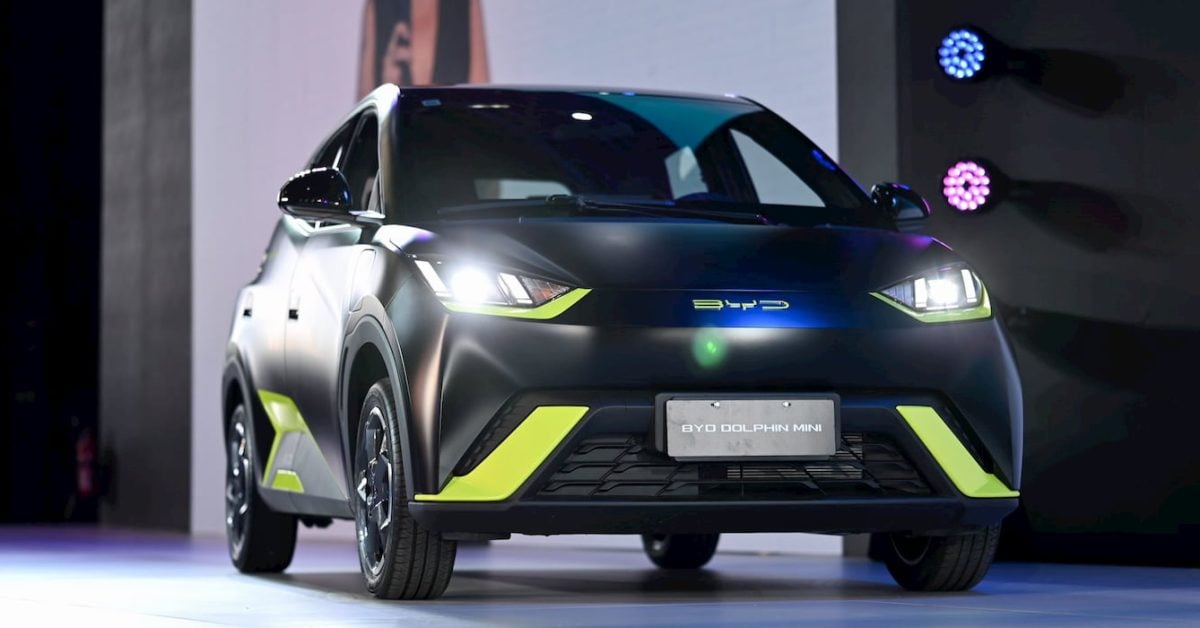Even with the new 100% tariff on electric vehicles imported from China, BYD would still have the cheapest EV in the US. According to a new report, BYD’s lowest-priced EV would still undercut all US automakers at under $25,000.
After discontinuing the production of vehicles powered entirely by internal combustion engines in March 2022, BYD has been at the forefront of the industry’s shift to EVs.
Honestly in my opinion it is time to remove all tariffs on EVs under 25k and let anyone who wants to fill that slot in. American car manufacturers refuse to fill the market need.



Also, lack of labor, safety, and environmental regulations. Chinese companies literally own slaves, no worker can’t compete with free. Combine that with safety and environmental, you get cheap manufacturing.
Dont forget spyware as well! Lots of that built in.
That exists in USA’s supply chain too.
Prisoners are the most glaring omission from the Constitution’s abolition of slavery.
Undocumented immigrants are exploited even harder than other working class people living in America, and that’s the real reason that neither party will do more than give lip-service to securing the border, or even talk about going after employers who hire undocumented workers.
Do you think that prison labor and undocumented workers are a significant portion of the labor used to produce EVs in the USA?
Prisoners may find it difficult to make the commute and show up on time for a factory shift.
But actually yes, their labor contribution is a significant component in the supply chain.
For example, if an undocumented worker labors to produce food, that frees up another person’s labor for working in a factory.
Some of the things used in the automotive industry that are made by prisoners:
-wiring harnesses
-interior components like seat covers, upholstery, and floor mats
-lighting components like headlights and interior lights
-repair and refurbishment of government fleet vehicles; brakes, body work, painting, mechanical repairs, etc…, which also frees up the labor of skilled mechanics to work on returning broken EVs to the road
Other goods and services produced by prisoners that indirectly assist the production of EV’s include:
-circuit boards, mostly for government use, but lower demand for civilian circuit board manufacturing capacity lowers the prices of EV components
-office furniture
-eye-wear, including prescription lenses and safety glasses that might be worn in the EV factories
-metalworking, including making toolboxes, lockers and shelves that may be found in EV factories
-government warehouse & distribution jobs free up civilian labor that can go into EV supply chain logistics
So directly, absolutely not.
Indirectly, probably.